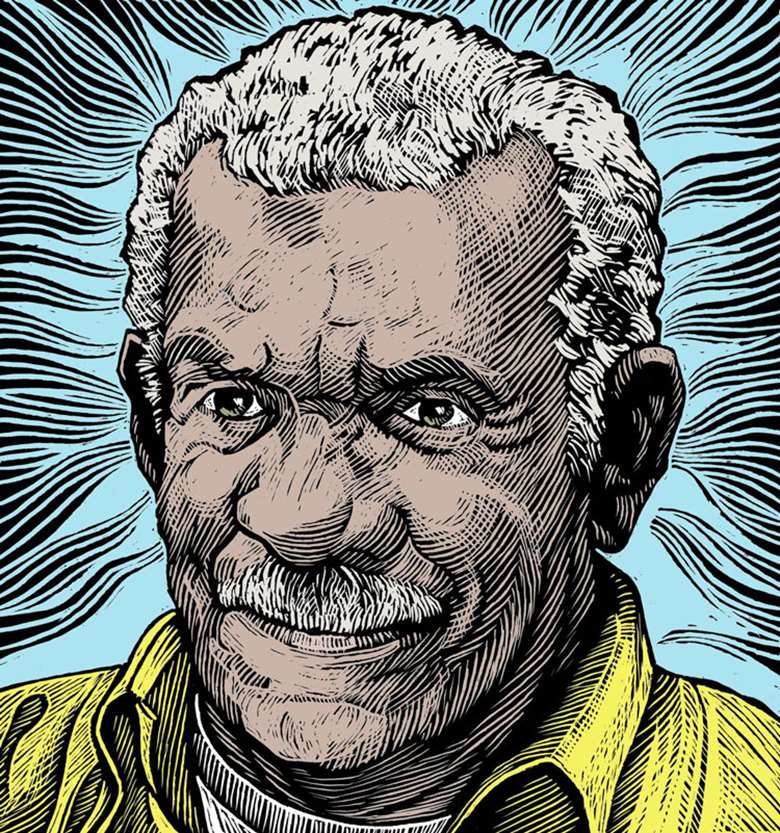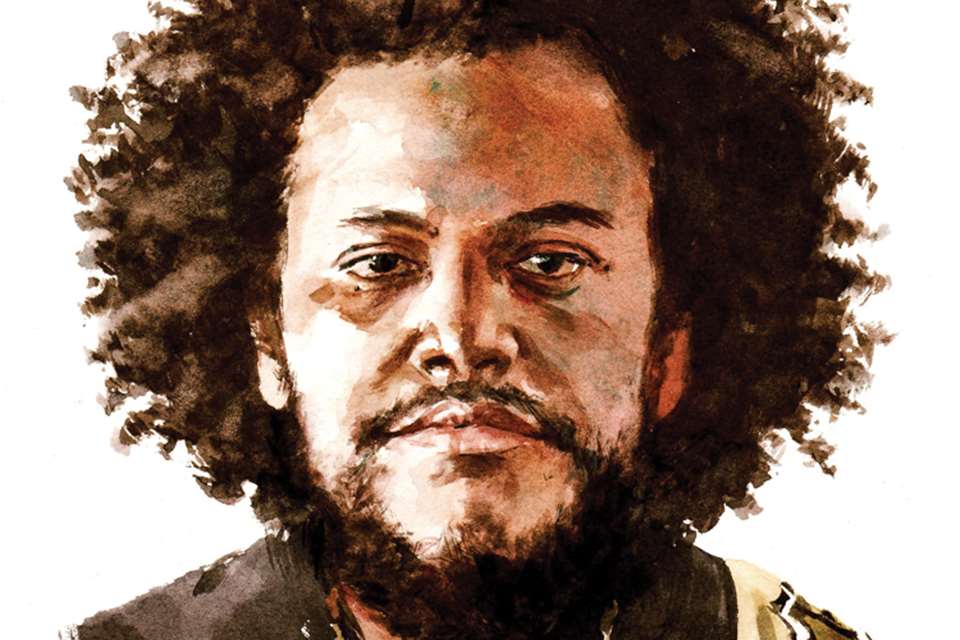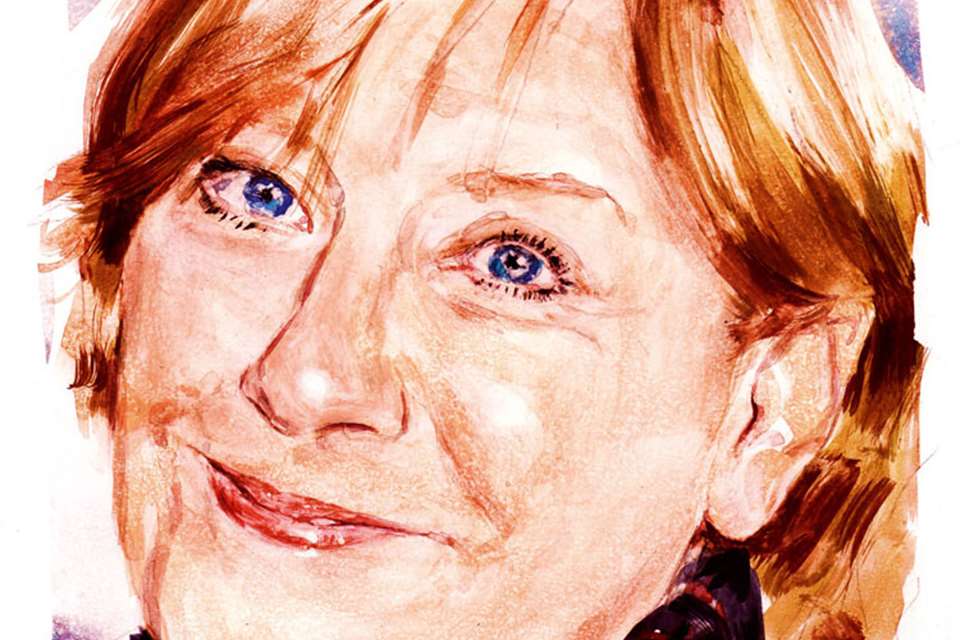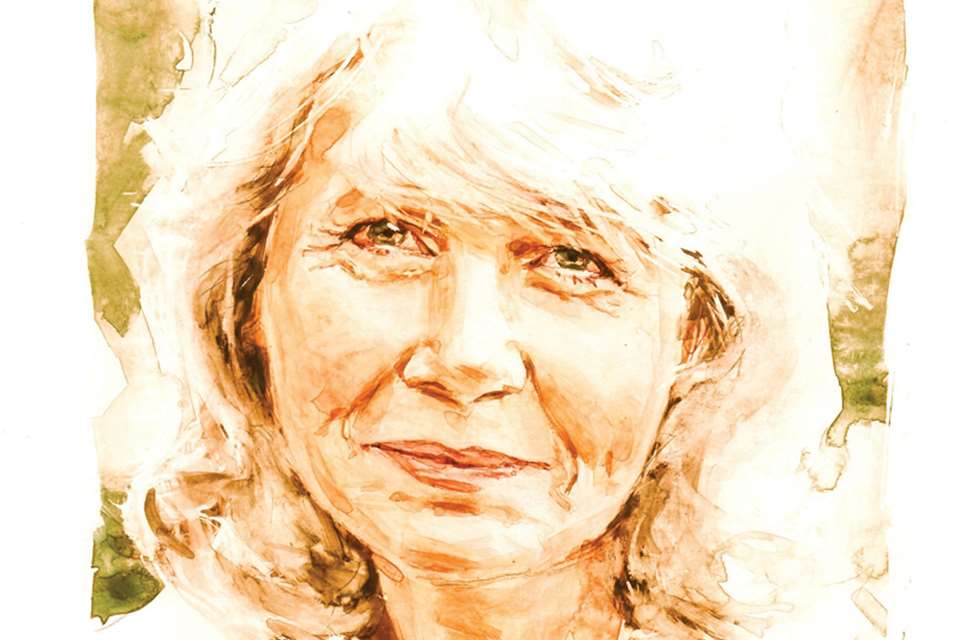Derek Walcott | My Music: ‘Even if my knowledge is limited, in terms of appreciation, Mozart swings!’
Gramophone
Friday, March 17, 2017
The Nobel Prize-winning poet on opera writing, music and Caribbean speech melodies

Register now to continue reading
Thanks for exploring the Gramophone website. Sign up for a free account today to enjoy the following benefits:
- Free access to 3 subscriber-only articles per month
- Unlimited access to our news, podcasts and awards pages
- Free weekly email newsletter














